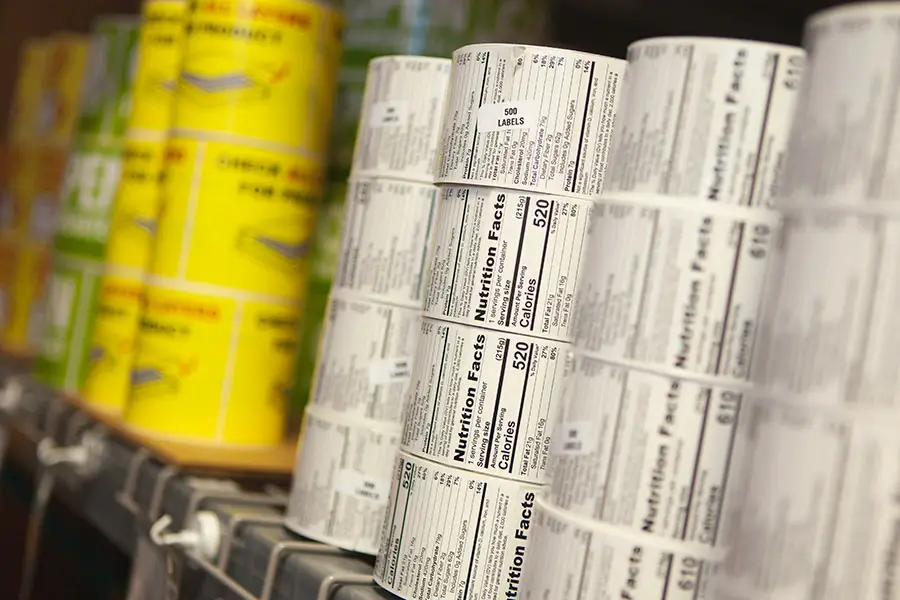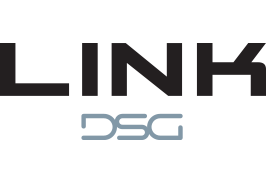At first, you might see labels as a simple product. They need to stick to your folding cartons, your envelopes, and your corrugated containers. They need to look nice, give the buyer information, and reflect your brand.
However, labels are more than attractive displays with sticky backs. There is a practical element to them, too. They must adhere to a wide variety of base substrates and perform well under a wide range of environmental conditions. When ordering labels, it’s essential to consider a label’s function and appearance.
Here are 10 things you should consider when placing your next label order:
- Function. How will the label be used? Will it be used for marketing? Branding? Logistics? Tracking?
- Substrates. What printed substrate will you be using? Paper? Plastic? Film?
- Base substrate. What will the label be adhered to? Paper? Folding carton? Plastic? Glass?
- Environment. What are the environmental conditions under which the label will be used? Will it be going through the mail stream? Is it adhered to a package sitting on a retail shelf? Will it be exposed to heat, moisture, or direct sunlight?
- Food contact. Will the label come into contact with food?
- Adherence. Will the label be permanently applied, or is it designed to peel away?
- Physical structure. Will the label be a simple shape, such as a rectangle or an oval? Or will it have a more complex structure, such as the accordion labels used in the pharmaceutical industry? Will it need a peel-away layer to expose additional product information or coupons underneath?
- Special finishes. Will the label need special finishes such as embossing? Foil stamping? Specialty coatings?
- Brand consistency. Will brand colors or brand presentation need to be consistent across multiple channels (such as direct mail, magazine advertising, in-store signage)?
- Run-length and personalization. Just like any other printed product, labels can be produced in very short runs and personalized. This gives you the flexibility to add serialized barcodes and other tracking mechanisms, incorporate personalized redemption codes, and even create customized and fully personalized products.
Labels do a lot more than identify and protect your products. They are used for branding, marketing, customer engagement, tracking, promotion, and more. Understand your options. There might be more than you think.





